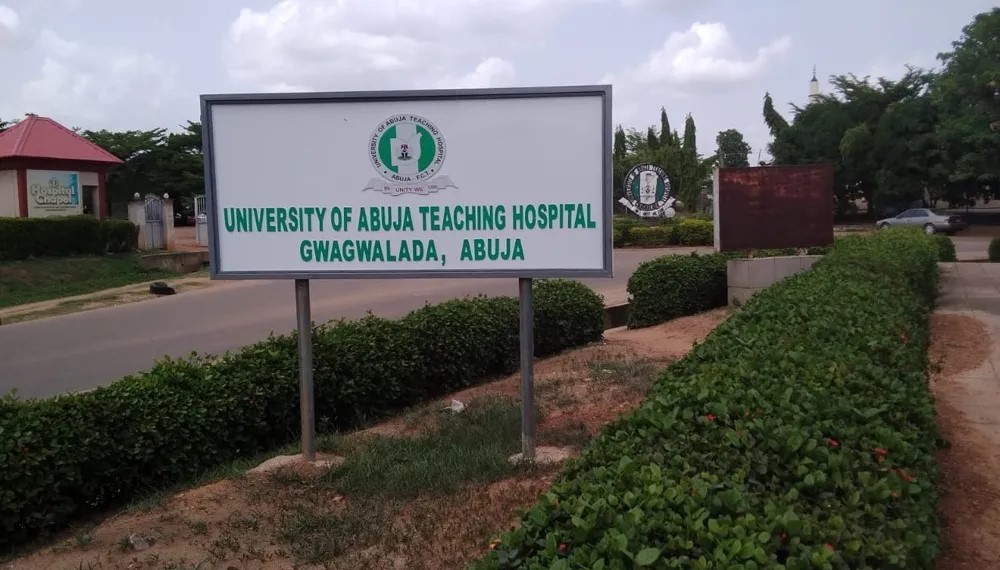
Staff members of the Federal Mortgage Bank of Nigeria (FMBN) in Rivers, Akwa Ibom, and Cross River States have identified poor documentation and employer non-remittance of contributions as key factors delaying the refund of National Housing Fund (NHF) contributions to retirees.
The officials made this known in response to a survey conducted by the News Agency of Nigeria (NAN) on the prolonged delay in NHF refunds.
The bank had disbursed over ₦500 million to its state offices for retirees’ payments. However, respondents explained that the process is not automatic, as it must follow a defined procedure.
According to Mr. Ukwa, an FMBN official, once employers upload accurate payment schedules and retirees submit complete applications, refunds are promptly processed. He noted that the introduction of a core banking system has significantly enhanced efficiency, stating that “hundreds of millions of Naira are paid out to retirees each year.”
He added that with the centralised payment system, applications are treated immediately upon approval from the head office, reinforcing the bank’s commitment to timely refunds.
Ukwa emphasised that the core banking upgrade has improved turnaround time, with some refunds processed within a week. He also highlighted ongoing sensitisation programmes aimed at encouraging employers to upload complete records, thereby reducing processing delays.
“The new system has also corrected several data errors. Retirees now receive their refunds — including a two per cent interest — shortly after retirement,” he said.
Similarly, an FMBN official in Uyo, who preferred anonymity, said delayed or incomplete remittance of monthly deductions by employers was a major challenge. According to him, many retirees are unable to access their full entitlements because their contributions were either not remitted or submitted with inaccurate schedules.
He accused some employers of forwarding incomplete or disorganised records, making it difficult for the bank to reconcile accounts. He advised workers to routinely verify whether their deductions were being remitted appropriately.
“Some organisations deduct funds but fail to remit them. When retirees apply for refunds, the amounts received are often far less than expected. That’s not the bank’s fault,” he said.
The official also pointed out that another cause of delay was retirees submitting incomplete documentation. Required documents include a handwritten application letter, an introduction letter from the employer (e.g. ministries or agencies), a birth certificate or age declaration, a retirement letter, an appointment letter, and any change-of-name documentation.
“Once the payment schedule is available and all documents are submitted, the refund process takes approximately three months. We process between 20 and 30 applications every week,” he said.
In Cross River, Mr. Chris Oko, FMBN Branch Manager, dismissed claims of excessive delays. He stressed that refunds are paid promptly, provided the application is complete and accurate.
He reaffirmed the bank’s role in managing the NHF and promoting affordable housing through mortgage financing.
“It is not true that civil servants are unaware of the process. Every applicant receives a checklist of required documents when applying,” Oko said.
These include a written application, completed NHF Forms 11 and 08, employer-issued identification letters, a retirement letter, a birth certificate or sworn affidavit of age, and an original or copy of the NHF passbook. Also required are a letter of first appointment, a recent bank statement, the bank name, account number, sort code, and Bank Verification Number (BVN).
“In the event of the contributor’s death, additional documents such as a medical death certificate, a letter of administration (for amounts above ₦10,000), and an affidavit from the next of kin are required,” he added.
However, Mrs. Joanna Edem, a federal civil servant, expressed dissatisfaction with the bank, claiming that many public servants are unaware of the location of FMBN state offices.
“Anyone serious about building a house won’t wait for FMBN. You’ll just find your own means,” she said.
Mr. Joseph Amadi also criticised the process, noting that many civil servants do not understand how to access their NHF refunds.
“The actual challenges are not visible on paper. The time it takes is not worth the effort. Monthly deductions are made from our salaries, yet many of us don’t understand their purpose — especially when it comes to FMBN,” he said.
Amadi further lamented what he described as the indifferent attitude of some bank staff, accusing them of a lack of concern for workers’ welfare.












